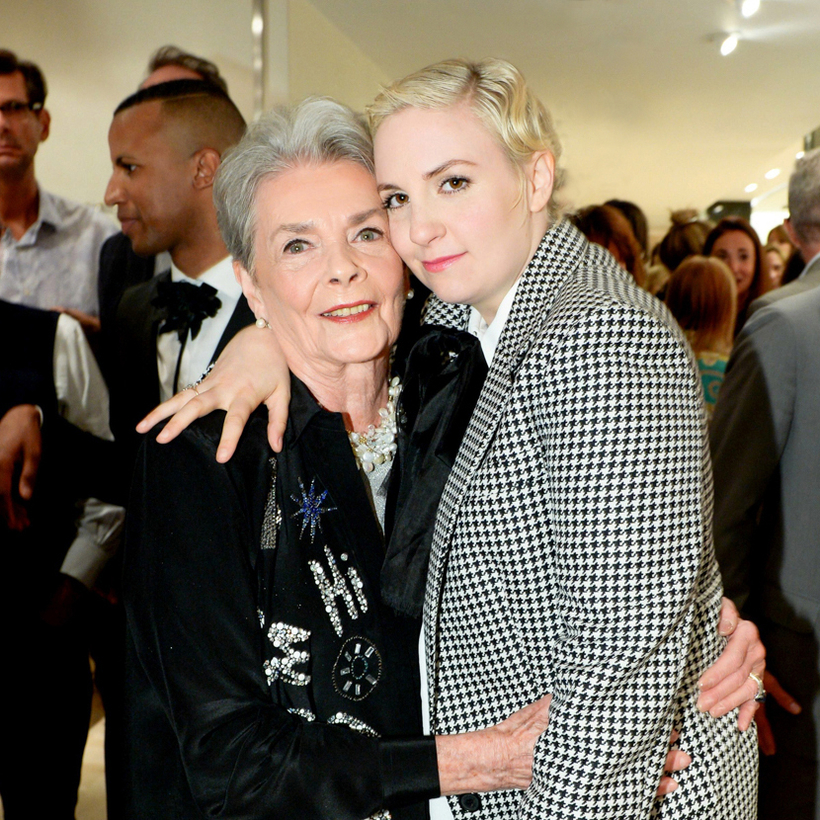For nearly 50 years, Betty Halbreich ran a personal-shopping office on the third floor of Bergdorf Goodman. Dubbed “the most famous personal shopper in the world” by New York magazine, she worked with people—from Betty Ford and Babe Paley to Lauren Bacall and Meryl Streep—as well as productions, such as Sex and the City and Gossip Girl. In her office, Halbreich kept a board with photos of her friends and clients, including Lena Dunham. Before Halbreich’s death, on August 24, she completed her third book, No One Has Seen It All, which will be published on April 8. Excerpted here is Dunham’s loving foreword.
For those of us lucky enough to have known Betty Halbreich, we will never stop hearing her voice in our heads.

